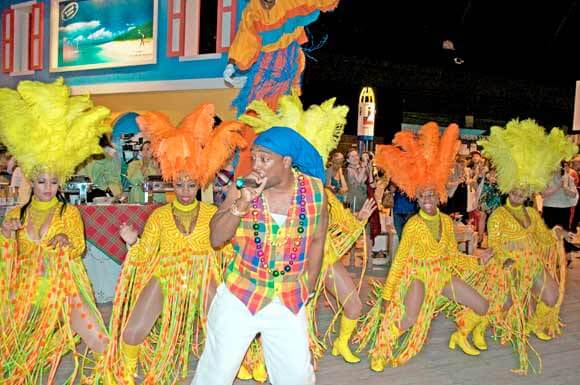Some new laws are aiding the progress of Afro Latino communities in Bolivia, Honduras and Brazil.
On October 8, 2010, Bolivia’s President Evo Morales signed the Ley de Lucha Contra el Racismo/Anti-Racism Law.
The law, which prohibits racism and all forms of discrimination, is designed to aid Bolivia’s large indigenous population who make up 63 percent of the population, and its estimated two percent of Afro-Bolivians, whose community still say they suffer from discrimination.
The language of the law also spells out that the government will “design and put in place political, educational, cultural, and intercultural dialogue that will fight the causes of structural racism and all forms of discrimination, so that citizens will be able to recognize and respect the benefits of diversity and their country’s many ethnicities. And so that everyone will know the various histories and rights of the various indigenous peoples, the people of the lower classes and the Afro Bolivian community.”
The Ley de Lucha Contra el Racismo establishes the creation of a new government agency called the National Council Against Racism and All Forms of Discrimination.
Morales, the nation’s first indigenous president, noted that the law “is meant to decolonize Bolivia. This work will continue to decolonize Bolivia and nobody will stop this process, which is irreversible.”
A number of journalists have, however, protested the new law declaring that it puts a clamp on free speech rights. The law is set to go into effect in January 2011, although legislators have stated that some parts of it will begin to be enforced immediately.
In Honduras, the national congress has passed legislation to create a Secretaria para el Desarrollo de los Pueblos Indígenas y Afrohondureños y Políticas de Igualdad Racial/Secretariat to promote the Development of Indigenous and AfroHonudran peoples (SEDINAFROPIR). “Five-hundred and eighteen years have passed since the collision of our three worlds: America, Africa and Europe. And Central America has had 188 years of independence from Spain,” the Organización de Desarrollo Etnico Comunitario/Organization of Ethnic Communities (ODECO) and other groups noted in a press release after SEDINAFROPIR became a reality on October 12, 2010.
“But [SEDINAFROPIR] is the fruit of our organized struggle, of our strategic alliances and of the political will of the President of Honduras, Porfirio Lobo Sosa, and of the forceful support of the Deputies of the National Congress.”
And in Brazil, the much-maligned Estatuto da Igualdade Racial/Racial Equality Statute went into effect on October 20, 2010. The language of the first article in the statute notes: “This Law establishes the Statute of Racial Equality, to assure to the Afro Brazilian populations the achievement of equal opportunities, the support of individual collective and diffuse ethnic rights and the struggle against discrimination and other forms of ethnic intolerance.”
In 1831 Brazil was the last country to ban the Maafa, or Trans Atlantic Slave Trade, and it was the last nation to end the practice of enslaving people of African descent when it abolished slavery on May 13, 1888. Today, Blacks make up over 50 percent of Brazil’s population.
President Luiz Inácio Lula da Silva has termed the Estatuto da Igualdade Racial the beginning of a repayment on an unpaid debt for slavery. But members of the Afro Brazilian activist group Coletivo de Entidades Negras/Collective of Black Organizations (CEN) have called the statute a weak attempt to address the ongoing difficulties Blacks face in Brazil.
“Of course there are different ideas about what the government is doing and if it’s enough, this is only natural,” Edson Santos, Brazil’s former minister of the Secretaria Especial de Políticas de Promoção da Igualdade Racial Special/Secretariat for the Promotion of Racial Equality (SEPPIR), told the online AfroBrazilian news site www.Afropress.com. “But all segments of the Black movement agree that we have to have this statute.”
























